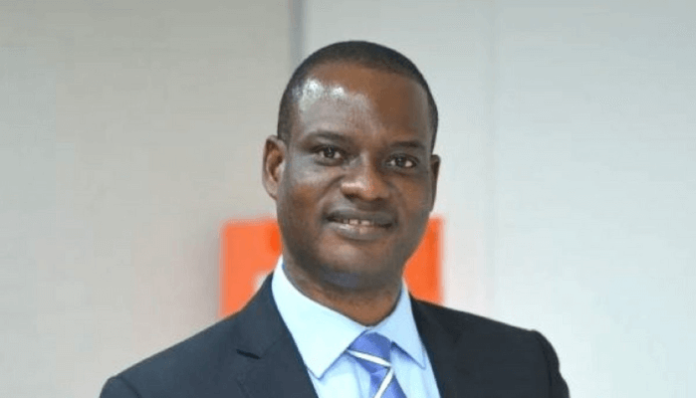The Nigerian government is advancing a series of tax reforms aimed at easing the tax burden on citizens while ensuring steady revenue growth, according to Taiwo Oyedele, the Chair of the Presidential Committee on Fiscal Policy and Tax Reforms.
Oyedele emphasized the importance of empowering trained tax authorities to handle tax collection, allowing other institutions to focus on their primary responsibilities, which he believes will foster economic growth.
“We want authorities trained in tax matters to be responsible for tax collection, while others focus on their core mandates to help the economy grow in a way that benefits everyone,” Oyedele said.
He highlighted the Nigerian Tax Administration Bill as a crucial tool for improving tax registration, return filing, assessments, audits, and the use of technology in tax processes. This bill is currently under review by lawmakers, who Oyedele hopes will address existing concerns to push the reform forward.
Expressing concern about the outdated nature of Nigeria’s tax system, Oyedele described it as “one of the most backward in the world,” calling the situation “embarrassing” and advocating for urgent reform. “Anything that would hinder the reform process at this stage would be deeply unfortunate,” he said.
In a post on his X account on Monday, Oyedele assured Nigerians that the tax reform initiative under President Tinubu’s administration is designed to lessen the overall tax burden while increasing revenue through streamlined collection processes and tax harmonization. He responded to citizens’ questions, clarifying that the government’s goal is not to raise taxes but to simplify the tax system, remove investment obstacles, and promote a business-friendly environment.
“The plan is to reduce the overall tax burden, not increase it,” Oyedele stated. “By simplifying the tax system, harmonising taxes, and addressing barriers to investment, these reforms will boost economic activities and, consequently, enhance revenue generation for all levels of government.”
Oyedele outlined key reform strategies, including removing disincentives for business formalization, leveraging technology and data intelligence, and simplifying tax processes. He believes these measures will increase tax compliance, creating a fair environment for compliant taxpayers while curbing tax evasion.
In addition to simplifying the system, the reforms propose a reduction in the corporate income tax rate from 30 percent to 25 percent over the next two years. The government also aims to eliminate certain company-specific taxes, replacing them with a single harmonized levy at a reduced rate, a move expected to benefit both small and large businesses across Nigeria.













